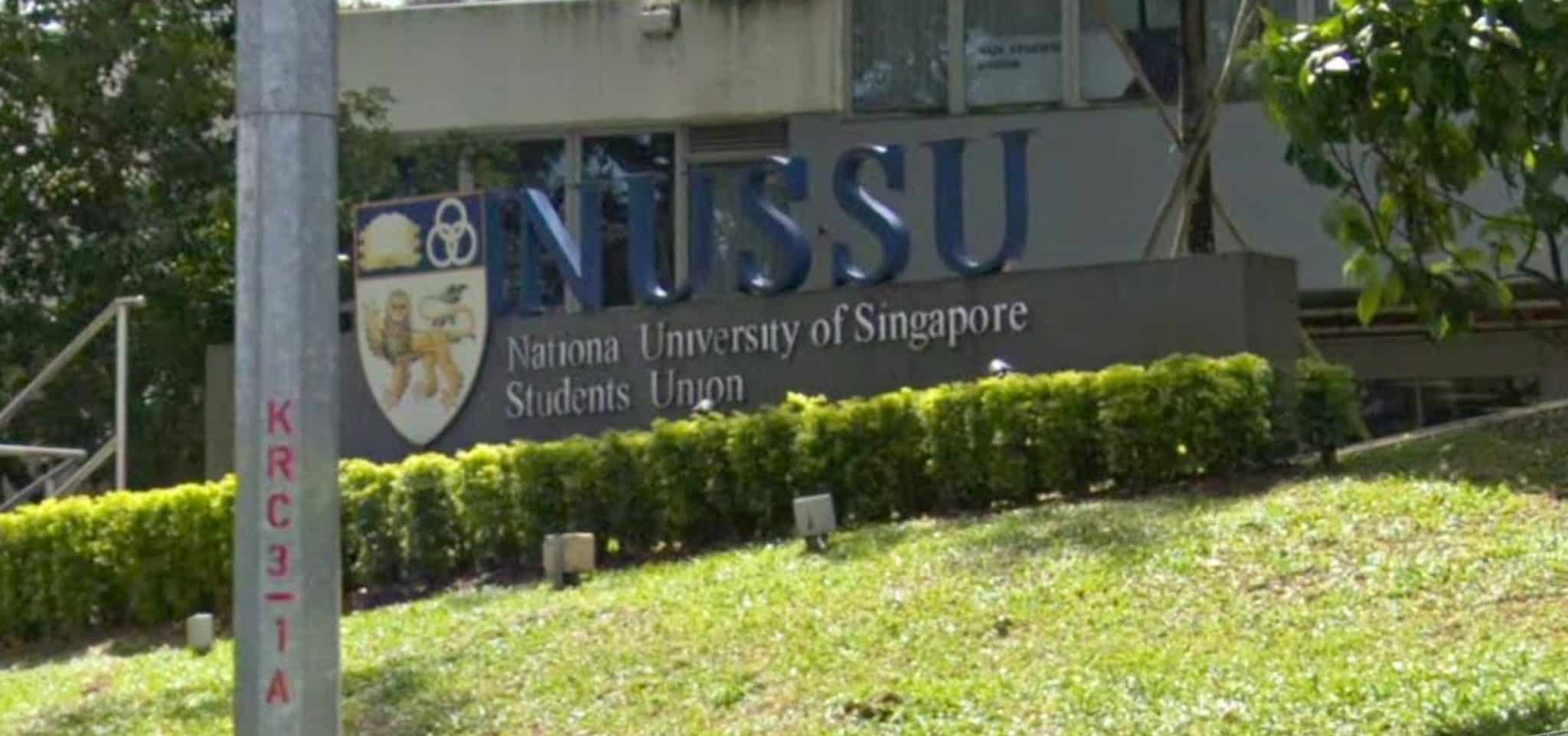PRESS RELEASE
University Defends Agreement to Ban Protests and Political Party Groups
 Yale University’s acceptance of Singaporean government restrictions on basic rights at the new Yale-National University of Singapore (NUS) joint campus shows a disturbing disregard for free speech, association, and assembly.
Yale University’s acceptance of Singaporean government restrictions on basic rights at the new Yale-National University of Singapore (NUS) joint campus shows a disturbing disregard for free speech, association, and assembly.
Yale-NUS President Pericles Lewis told the media in July that students at the new campus, expected to open in August 2013, can express their views but they will not be allowed to organize political protests on campus or form political party student groups.
The Singapore government has long severely restricted the rights to freedom of expression, association, and peaceful assembly, and has imposed harsh punishments on violators, Human Rights Watch said.
 “Yale is betraying the spirit of the university as a center of open debate and protest by giving away the rights of its students at its new Singapore campus,” said Phil Robertson, deputy Asia director at Human Rights Watch. “Instead of defending these rights, Yale buckled when faced with Singapore’s draconian laws on demonstrations and policies restricting student groups.”
“Yale is betraying the spirit of the university as a center of open debate and protest by giving away the rights of its students at its new Singapore campus,” said Phil Robertson, deputy Asia director at Human Rights Watch. “Instead of defending these rights, Yale buckled when faced with Singapore’s draconian laws on demonstrations and policies restricting student groups.”
Yale’s willingness to curtail rights on its Singapore campus lends credence to those who would deny the universality, inalienability, and indivisibility of human rights on the basis of a country’s historical and cultural context and its economic development, Human Rights Watch said.
Heng Swee Keat, Singapore’s Minister of Education, argued this position, claiming that Yale’s Singapore campus could have “academic freedom and open inquiry…in a manner sensitive to the Singapore context.”
Yale’s 1975 University Policy on Freedom of Expression states that, “The primary function of a university is to discover and disseminate knowledge…To fulfill this function a free exchange of ideas is necessary not only within its walls but with the world beyond as well…The history of intellectual growth and discovery demonstrates the need for unfettered freedom, the right to think the unthinkable, discuss the unmentionable, and challenge the unchallengeable.”
In adopting the policy, Yale College asserted that, “The right of free expression in a university also includes the right to peaceful dissent, protests in peaceable assembly, and orderly demonstrations, which may include picketing and the distribution of leaflets.” An agreement to prevent the exercise of these rights at Yale-NUS effectively negates the university’s policy.
Yale’s faculty has been outspoken in its concern for civil and political rights at the Singapore campus. Faculty members had sought to be consulted before the university agreed to arrangements that could jeopardize Yale’s academic integrity including the curriculum that will be offered, the faculty that will be hired, and the students who will be admitted.
In an April 5 Yale College faculty resolution, faculty members expressed their reservations about the joint venture, citing their “concern regarding the lack of respect for civil and political rights in the state of Singapore.” They urged Yale-NUS “to uphold civil liberty and political freedom on campus and in the broader society. These ideals lie at the heart of liberal arts education as well as of our civic sense as citizens, and they ought not to be compromised.”
The faculty resolution from April took up the issue of “non-discrimination for all, including sexual minorities.” Singapore law criminalizes sexual relations between consenting adult males. Yale’s non-discrimination policy states that, “Yale does not discriminate in admissions, educational programs, or employment against any individual on account of that individual’s sex, race, color, religion, age, disability…or national origin; nor does Yale discriminate on the basis of sexual orientation or gender identity or expression.”
Many Singaporean laws are incompatible with the basic policies of a university such as Yale, Human Rights Watch said. Singapore has broad restrictions on basic freedoms for reasons of security, public order, morality, and racial and religious harmony. Censorship, supported by the Films Act, Broadcasting Act, the Newspaper and Printing Presses Act, the Undesirable Publications Act, the Internet Code of Practice, the Official Secrets Act, and the Sedition Act extends not only to broadcast, print, and electronic media but also to music, film, and computer games.
Laws restricting freedom of assembly include the 2009 Public Order Act, which requires a permit to meet for any “cause related activity.” Outdoor gatherings of five or more people require police permission, and the authorities may prohibit indoor meetings they judge to be too political or which take up religious issues.
Limited demonstrations and rallies are restricted to Singapore’s Speakers’ Corner. Moreover, associations of 10 or more members may be denied government approval to operate if the Registrar of Societies judges the organization “prejudicial to public peace, welfare, or good order.”
“Yale may find that many of the freedoms taken for granted over its 300 year history are against the law in Singapore,” Robertson said. “If it truly values those freedoms, and expects its students to, it will need to fight for them."





